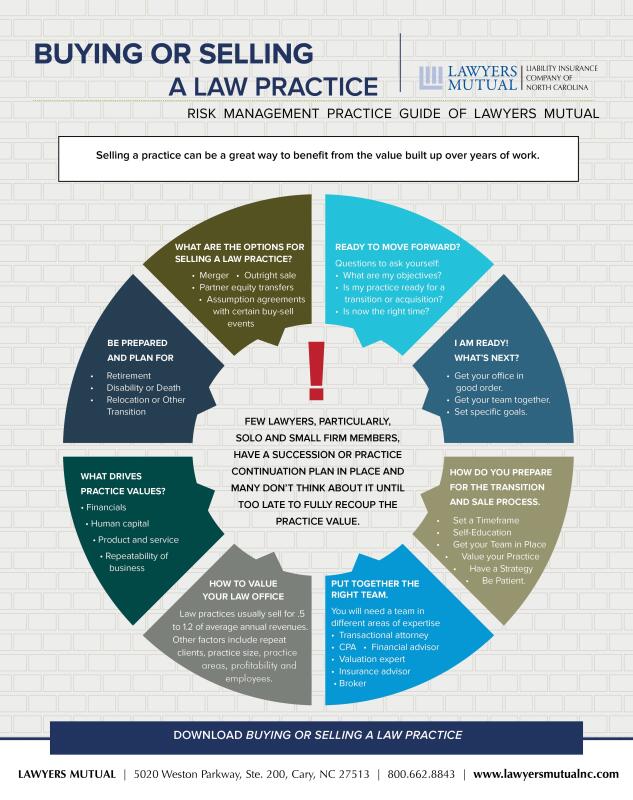Knocking At The Door Of Our Economic Situation, Clerical Criminal Activity'S Kaleidoscope Of Consequences Waits For, Disclosing An Expensive And Complex Internet Of Destruction
Knocking At The Door Of Our Economic Situation, Clerical Criminal Activity'S Kaleidoscope Of Consequences Waits For, Disclosing An Expensive And Complex Internet Of Destruction
Blog Article
mouse click the following post -Henneberg Booker
Envision a pristine yard, meticulously nurtured over years, full of dynamic flowers and lavish greenery. Now, photo a flock of perilous pests calmly infiltrating this sanctuary, gnawing away at the origins and flowers, leaving behind a route of destruction.
This metaphor appropriately captures the expense of white collar criminal offense, a sneaky menace that permeates our economic climate with ravaging effects. As you enter this conversation, prepare to reveal the concealed economic influence of clerical criminal activity and the far-reaching consequences that remain long after the wrongdoers have disappeared from the scene.
The Financial Toll of White Collar Crime
Clerical criminal activity exacts a hefty economic toll on people, services, and the general economy. It isn't just a victimless crime or a minor aggravation. The repercussions are significant and terrible.
When people come down with white collar criminal activity, they usually shed their life savings, their homes, and their complacency.
Organizations, on the other hand, endure enormous financial losses as a result of fraud, embezzlement, and various other forms of white collar criminal activity. These criminal offenses result in decreased revenues, harmed credibilities, and even insolvency in many cases.
Furthermore, the economic situation as a whole experiences as white collar criminal offense threatens count on the financial system, decreases consumer self-confidence, and interferes with financial growth.
The monetary toll of clerical criminal offense can not be ignored, and it's critical that we take strong measures to avoid and combat this kind of criminal task.
The Disintegration of Rely On Institutions
The erosion of count on establishments issues of clerical criminal offense that has significant implications for people and culture. When white collar criminal offenses are devoted by people in positions of power and authority, it weakens the trust that individuals have in those organizations.
This disintegration of trust fund can have several negative impacts:
- ** Loss of belief in the justice system **: When individuals see those in effective positions escaping white collar criminal activities, it can cause a loss of belief in the justice system. Individuals may feel that there's a lack of responsibility for those who devote such criminal activities, which can deteriorate count on the legal system.
- ** Reduced confidence in banks **: White collar criminal offenses typically entail economic fraudulence and manipulation. When people or establishments are found guilty of such criminal activities, it can lead to a reduction in confidence in financial institutions. This can have an unfavorable impact on the economic situation as people might be hesitant to spend or rely on these organizations with their money.
- ** Weakening of social material **: Rely on organizations is a fundamental pillar of a working culture. When https://www.google.com/maps/place/David+E.+Stanley,+APLC+-+Baton+Rouge+Criminal+Defense+Attorney/@30.451022,-91.178872,13z/data=!4m5!3m4!1s0x0:0x8543c524db3d70a4!8m2!3d30.4510218!4d-91.1788724?hl=en on is deteriorated, it can cause a weakening of the social textile. People may come to be more cynical and cynical of institutions, which can result in a breakdown in social communication and collaboration.
Long-Term Economic Effects
Loss of rely on institutions due to clerical crime can have lasting economic consequences.
When individuals and businesses lose faith in the honesty of organizations, they may come to be reluctant to invest or take part in financial tasks. This lack of trust fund can cause a decrease in consumer costs, as individuals become more mindful with their cash.
In addition, services may hesitate to create collaborations or participate in contracts, being afraid that they'll be benefited from by deceitful people.
The long-lasting financial effects of this loss of trust fund can consist of slower financial development, decreased job production, and reduced market competition. It's crucial for institutions to address white collar criminal offense and restore rely on order to protect the long-lasting financial wellness of a country or region.
Final thought
To conclude, the economic effect of white collar criminal offense is staggering, with repercussions that reach far beyond just monetary losses. It wears down the count on we put in our institutions, leaving a gap that's tough to fill up.
Like an unrelenting tornado, clerical criminal activity leaves a lasting mark on our economic situation, leaving us to face its consequences for several years to come.
